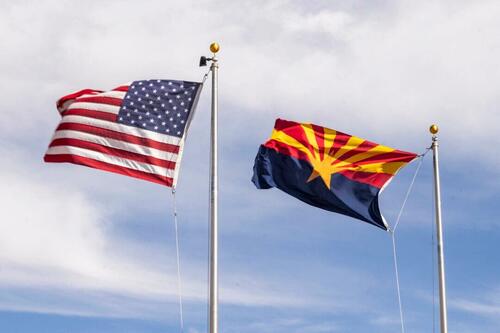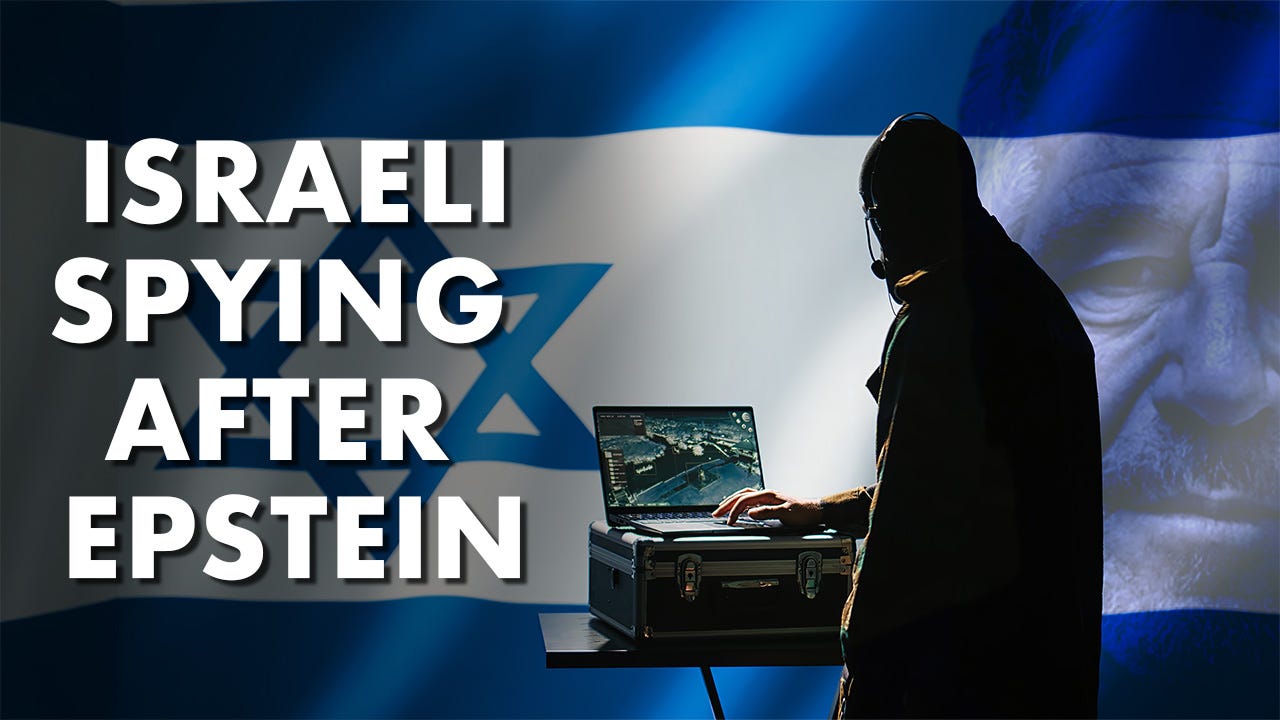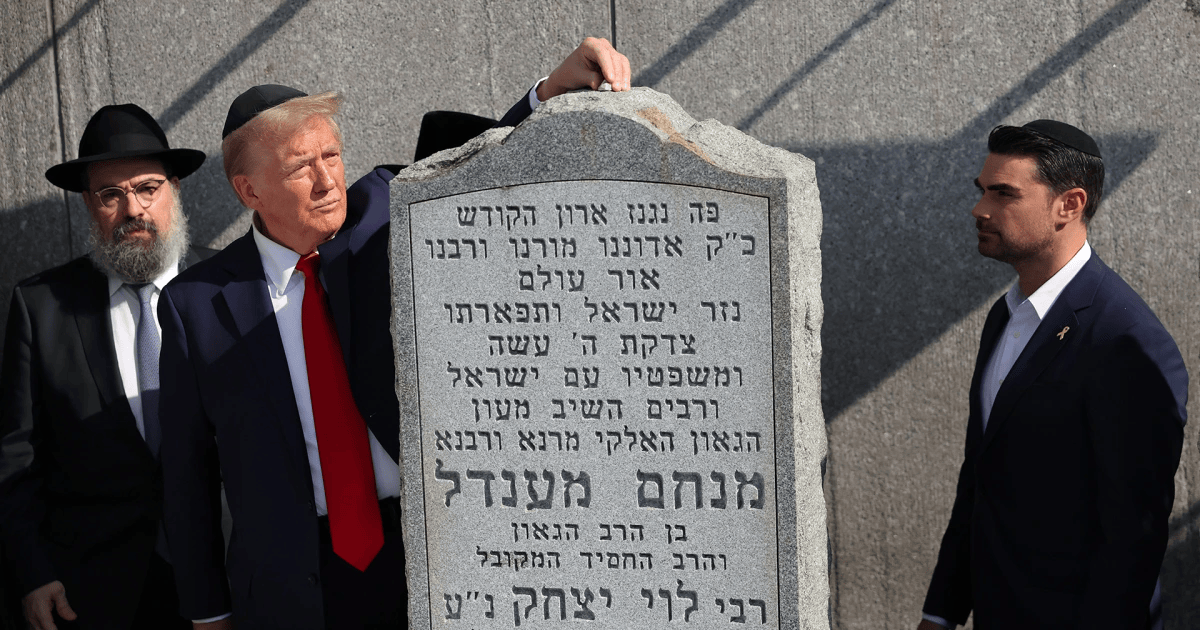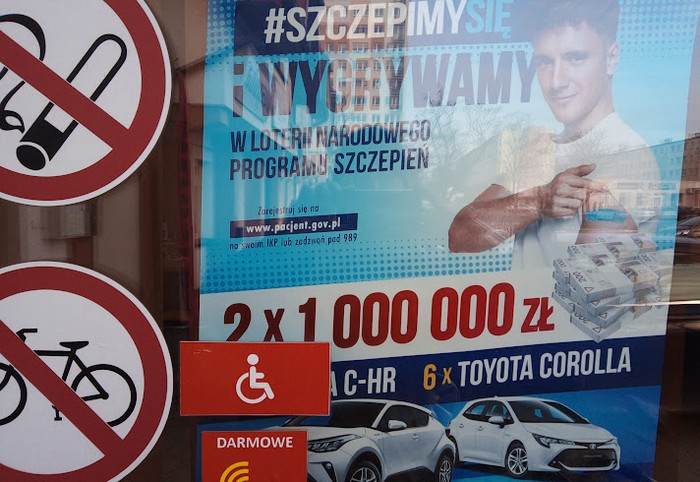
22 More People, Entities Charged In Arizona Medicaid Fraud Scheme
Authored by Bill Pan via The Epoch Times (emphasis ours),
An Arizona grand jury has indicted 22 individuals and entities linked to a massive Medicaid fraud scheme involving sober living homes.
 The Arizona and American flags blow in the wind in Terra Vista, Ariz., on March 5, 2025. John Fredricks/The Epoch Times
The Arizona and American flags blow in the wind in Terra Vista, Ariz., on March 5, 2025. John Fredricks/The Epoch TimesThe charges include money laundering, theft, conspiracy, fraudulent schemes, patient referral fraud, and forgery, Arizona Attorney General Kris Mayes announced Tuesday.
These indictments are part of an ongoing investigation into a $2.7 billion fraud that exploited Arizona’s health care system, particularly targeting Native Americans seeking treatment for drug and alcohol addiction.
According to the charge document, the 20 individuals indicted are associated with a church and a mental health organization called Happy House Behavioral Health. Prosecutors allege that Happy House was paid over $60 million for services that were either never rendered or only partially completed. Some of the billing, they say, was for clients who were deceased or incarcerated.
Prosecutors also allege that sober living facilities referred clients to Happy House, which in turn received funds from the Arizona Health Care Cost Containment System (AHCCCS), the state’s Medicaid agency. Happy House then allegedly paid the referring sober homes for those client placements, an arrangement at the center of the fraudulent scheme charges.
Among the money laundering charges is a $5 million payment that Happy House allegedly made in July 2023 to Hope of Life International Church, which later transferred $2 million to an entity in Rwanda.
Lawyers representing Happy House and Hope of Life International Church could not be immediately reached for comments.
More than 100 individuals and multiple companies have so far been charged in cases cases tied to Arizona’s sweeping crackdown on Medicaid fraud and unlicensed sober living homes, many of which specifically targeted members of Native American tribes.
Starting around 2019, scammers lured individuals into fraudulent treatment programs by promising food, shelter, and addiction recovery services. Instead, they were placed in sober living homes where operators often allowed or even encouraged continued drug and alcohol use, according to state officials. Victims were often cut off from family contact, and in some cases held against their will, the charges allege.
“Isolated by these organizations, people had to escape out of windows and jump over fences in the middle of the night just to access a phone to reach the outside world,” said Arizona Gov. Katie Hobbs in 2023, during the announcement of a crackdown that suspended payments to 102 providers.
Meanwhile, the scammers overbilled the American Indian Health Program, a Medicaid plan for tribal members, for services that were never provided. AHCCCS said between 2019 and 2022, outpatient behavioral health claims surged from $53 million to $668 million.
In response to what Hobbs described as a humanitarian crisis, the state launched a $6 million grant in November 2024 to support tribal communities harmed by the scam.
In April, Hobbs signed a law tightening oversight of sober living homes. Under the new law, the Arizona Department of Health Services will establish standards for facilities to ensure a drug- and alcohol-free environment and promote recovery. The department will also have authority to suspend or revoke licenses, or fine violators up to $1,000 for each day a violation remains unaddressed.
At a minimum, the law requires the department to conduct annual inspections, track complaints, and report to lawmakers how many led to investigations or enforcement actions.
Tyler Durden
Thu, 05/22/2025 – 19:45









